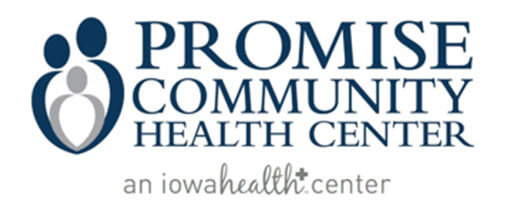
Men die five years younger than women on average.
Men are more likely than women to die for nine of the 10 leading causes of death, whether it be heart disease, most cancers or even non-disease causes, such as suicide and accidental injuries.
Men also are less likely to see a health provider for regular physical exams or to have health insurance.
These statistics from the Centers for Disease Control and Prevention show that men tend to be less healthy, are less concerned about their health and face significant risk factors.
For Men’s Health Month in June, Dr. Del Lassen of Promise Community Health Center in Sioux Center shares the following advice for men to consider:
1. DON’T SMOKE.
“In terms of risk factors for your overall health, it just so far outweighs and overshadows most every other risk factor if someone is smoking. The evidence is so monumental. If anything, you need to stop smoking. See us. See someone. There are ways that we can help you with that,” Dr. Lassen says, noting that both medication and non-medication approaches can be used.
2. GET YOUR LIPIDS AND BLOOD SUGAR CHECKED.
“If you’ve never had your lipids checked, get that done. Get a baseline. Know where you’re at. Know where your good cholesterol and bad cholesterol levels are,” Dr. Lassen says.
“Know if you have blood sugars that are borderline. Type 2 diabetes is an epidemic in this country. We can do a test called A1C, which tells us what your blood sugar has been doing for the past 120 days.”
3. GET CONSISTENT EXERCISE.
“You do not need to be a marathon runner. You do not need to spend $5,000 on an exercise machine. You do not need to do crazy things. Take a walk, but do it on a consistent basis. Aim to get that walk in five out of the seven days. Get consistent exercise,” Dr. Lassen says.
4. REMEMBER YOUR PROSTATE.
“There is much controversy in terms of how often and what way you need to screen for prostate cancer. That will probably continue to be controversial,” Dr. Lassen says. “But pay attention to your urinary symptoms and, certainly, if you are age 50 or above, talk to your health-care provider about what’s appropriate for screening for your prostate. If there is a history of prostate cancer in your family, do it sooner than age 50 – maybe even age 40. But talk to your health-care provider.”
5. REMEMBER YOUR COLON.
“Colon cancer continues to be a big deal. It’s a killer,” Dr. Lassen says. “A colonoscopy certainly is a definitive measure for looking at the colon, but there are certainly ways other than a colonoscopy to do some screening for potential polyps that can lead to colon cancer. Again, talk to your health-care provider. Many of these things are easy to do in the home.”
6. REMEMBER YOUR SKIN.
“Skin cancer and sun damage impact a lot of people, so remember your skin,” Dr. Lassen says. “Summer is on us. Cover up appropriately in terms of a hat and clothing and use of appropriate sunscreen. Keep an eye on your skin and have somebody else keep an eye on your skin. If you notice that there are changes, get it looked at.”

